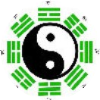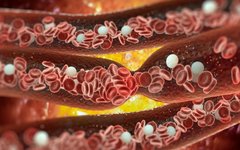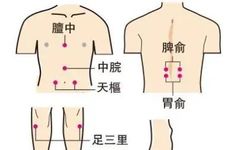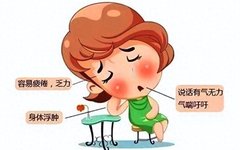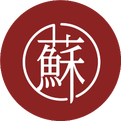Blood Stasis Constitution Easily Leads to Cancer! TCM Offers 5 Ways to Regulate Blood Stasis Constitution to Promote Blood Circulation and Reduce Illness!
In daily life, have you ever experienced these troubles?Sometimes, when the body is slightly bumped,bruises appear on the skin and take a long time to fade;the skin tone is dark, prone to spots, and dark circles are prominent,despite using many whitening skincare products with little effect;sometimes the body also feels pain for no reason.These are … Read more


